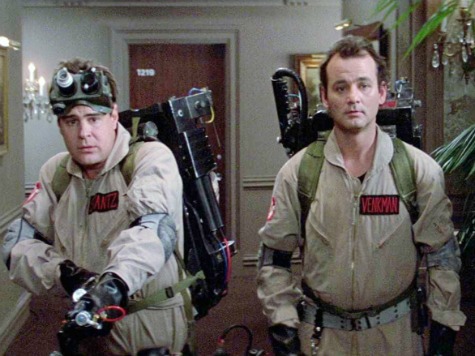In a great scene from ABC’s Modern Family, a hilariously mature child named Manny lays out a charcuterie board. Shocked by the collection of meats and cheeses, his stepfather Jay exclaims: “That’s charcuterie? I’ve been avoiding that on menus for years. They’re killing themselves with that name!”
Jay’s reaction captures part of the human experience: We tend to avoid things we don’t understand.
Take economics, for instance. Economics affects us all the time. When unemployment rates go up, we worry about our job security. When stock markets wobble, we worry about our investments and our retirement. When inflation increases, we worry about being able to afford the goods and services we need.
On a national scale, we read about questionable monetary policies, ever-increasing debt, and unsustainable fiscal practices. But the economics behind all this seems difficult and off-putting, especially when the experts themselves never seem to agree. We sometimes feel guilty for not understanding more about how the economic world works–but the subject seems so dry, technical, and mathematical that we may feel too intimidated to try.
It doesn’t need to be this way. Based on the idea that economics does not need to be arcane or confusing — in fact, it can be lively, colorful, and fun–the Moving Picture Institute and Emergent Order teamed up to create EconPop, a new web series that teaches and discusses economic concepts through the lens of entertainment.
Each 7-10 minute episode is based around a popular film or television show. It’s Econ 101 meets At the Movies, with a dash of Monty Python.
The show’s host, New York-based comedian and Moving Picture Institute fellow Andrew Heaton, battles economic ignorance with humorous commentary on film and television clips. So far, the series has featured Dallas Buyers Club, House of Cards and Ghostbusters. Though nothing beats watching the videos, here is a quick explanation of each:
In this Oscar-winning film, Matthew McConaughey’s character contracts AIDS, but an FDA ban prevents him from accessing the life-saving drugs he needs. He travels to Mexico for treatment, where he realizes he can sell those drugs to fellow AIDS patients back in the States. The episode shows how his pursuit of profit generates a social benefit for everyone. It also exposes issues with regulatory capture, showing how pharmaceutical lobbyists campaign for regulations that may seem to protect consumers, but actually protect the firms’ own entrenched market position.
This Netflix original series has captured the hearts of audiences in Washington, D.C., and beyond. It follows Frank Underwood, a scheming politician who does whatever it takes to gain more power. As Heaton describes the House of Cards series, “it’s like injecting Machiavelli directly into your ephemeral artery.” In other words, it’s a great opportunity to teach viewers how politicians do not become “selfless robots” once elected; they continue to act in their own self-interest and pass policies that will help them get re-elected. Their personal interests color “every law that’s passed and every dollar that’s spent.”
Heaton describes this classic paranormal comedy, celebrating its 30th anniversary this year, as exploring “ectoplasm, Sumerian gods, entrepreneurship, and the pitfalls of overzealous government regulators.” Focusing on entrepreneurship, this episode shows how the film’s characters take massive financial and personal risks and devise innovative solutions in order to start their business. We learn that the market economy does not reward people for the amount of value they put in, but in the amount of value they create for others. But we also see that the mindset of entrepreneurs is at odds with others who are more insulated from market forces, such as university professors and government regulators.
The next EconPop episode, focusing on the Pixar smash Wall*E, launches next month. All episodes can be viewed at EconStories.tv.
Lana Harfoush, J.D., is the Director of Communications and Marketing at the Moving Picture Institute

COMMENTS
Please let us know if you're having issues with commenting.